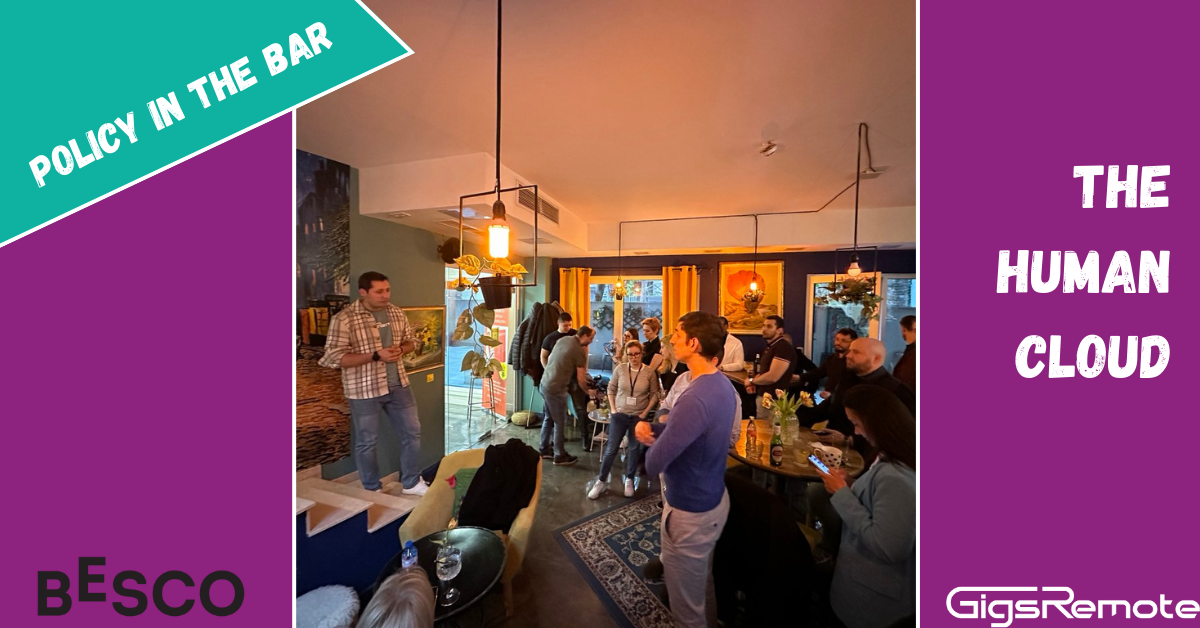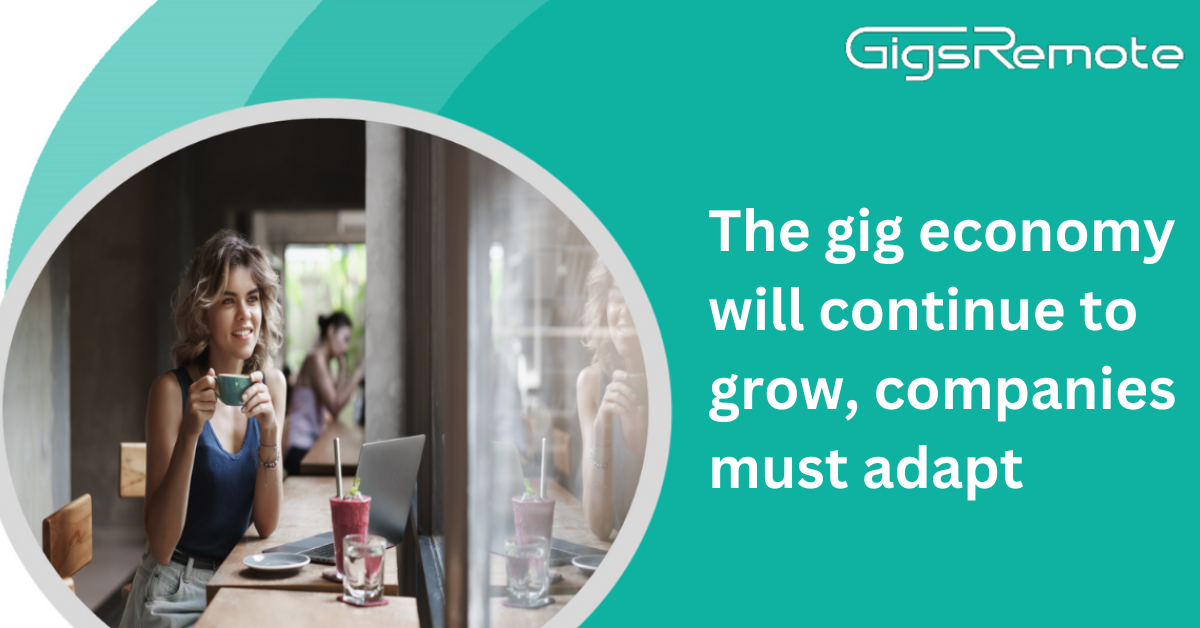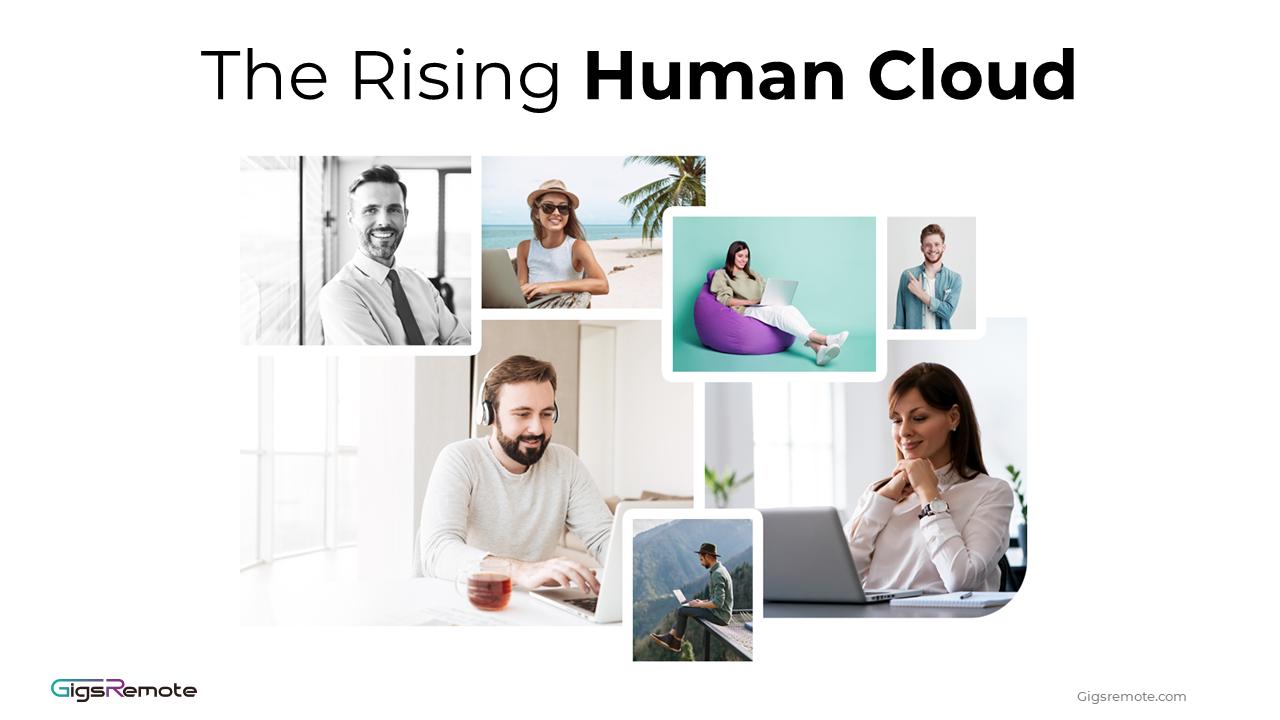The Human Cloud Impact on Talent Markets
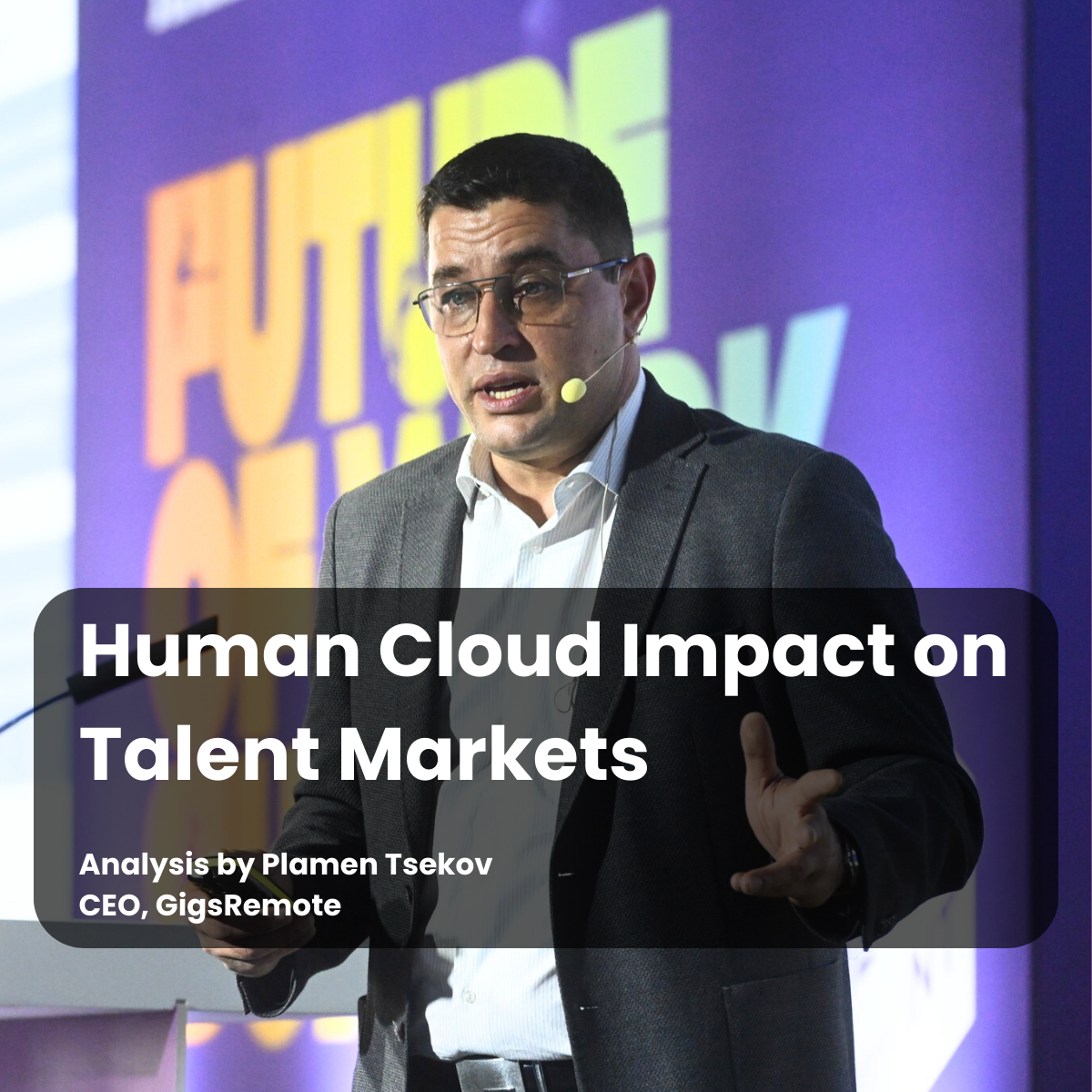
The Human Cloud Impact on Talent Markets
an analysis presented on the Future of Work Summit 2023, organized by Capital Bylgaria,
presented by Plamen Tsekov
Hello,
I've been an entrepreneur for over 20 years. Most of you may know me as one of the co-founders of Scale Focus, the largest Bulgarian IT company. My experience and expertise mainly lie in the realm of positioning Bulgarian and Eastern European IT talent on the international stage. Since last year, I have also co-founded GigRemote, a platform connecting companies with freelance specialists, but I'll tell you more about that later.
My topic today is the Human Cloud and the challenges it brings to the labor market.
In brief, we find ourselves in turbulent times, perhaps in the perfect storm.
Three intertwining major storms, each with its own lifting force and direction.
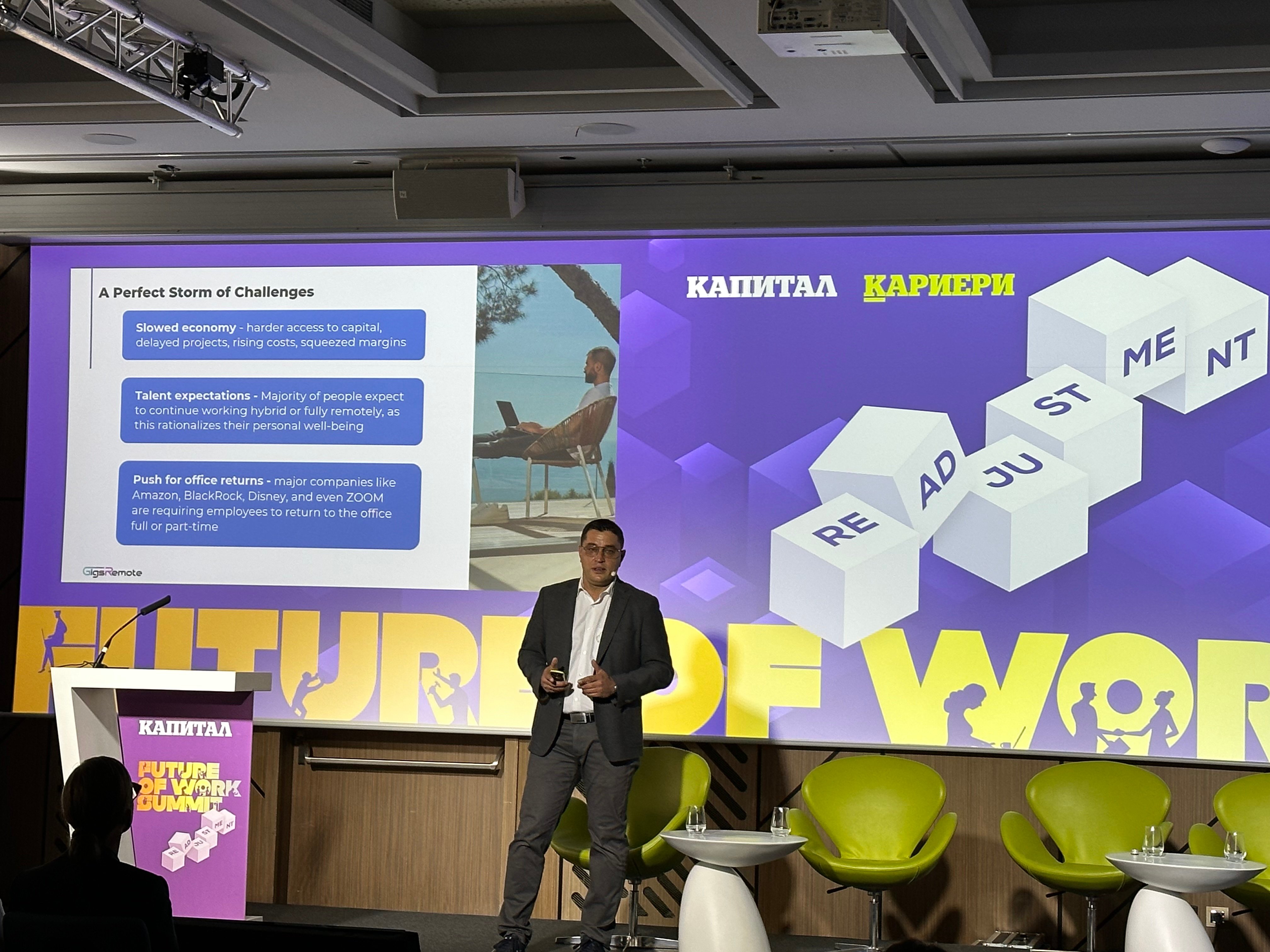
1. The first one is the sluggish economy. High interest rates lead to difficult access to capital, which in itself results in delayed projects, personnel optimization, and squeezed profit margins in the face of constantly rising expenses of all kinds, including personnel costs. All of this is set against the backdrop of local military conflicts, further turning the economy into an unpredictable and turbulent environment.
2. The second is people's expectations, the talent. Most people prefer remote and hybrid work as it rationalizes their idea of a better work-life balance and personal well-being. The perception of choice and flexibility in terms of working time and location, more time for oneself, family, and friends, is becoming an increasingly recognized factor in people's understanding of personal well-being.
3 . The third is pressure from businesses to return to the office. Leading technological and innovative companies like Tesla, Amazon, BlackRock, Disney, and even Zoom, the company that emerged with its technology for remote video meetings, are requiring their employees to have more presence in the office or to return to the office permanently.
Will any of these forces prevail, and will things go back to the way they used to be?
Or will the perfect storm necessitate a new restructuring of the foundation and a new labor market revolution?
Even the latest data from research in 2023 do not provide a clear path or direction.
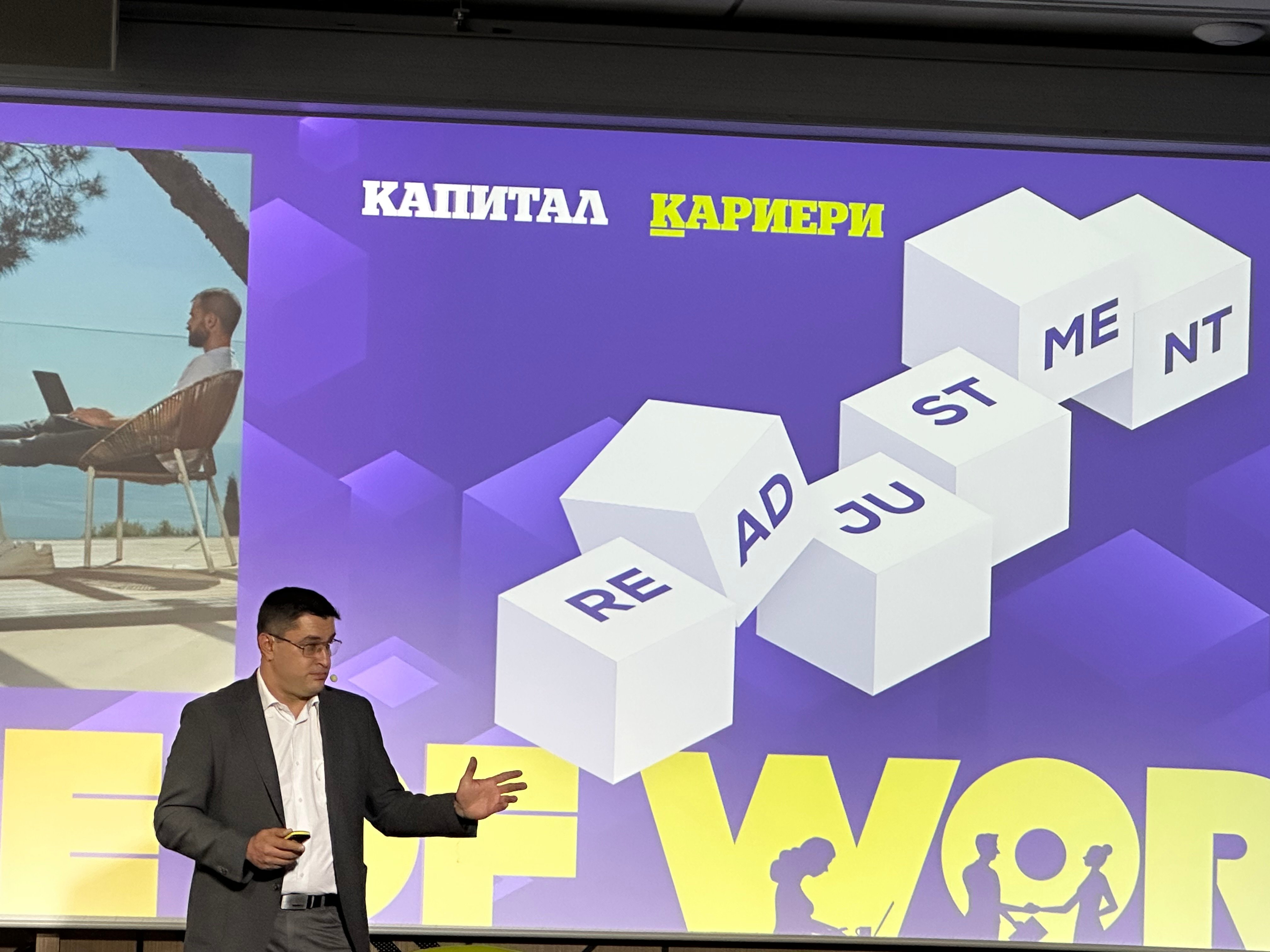
According to a study from this year in the United States, the largest and most dynamic market, 29% of those working entirely remotely or in a hybrid manner would expect an increase in their compensation if they can no longer work remotely.
Closer to our region – in the United Kingdom. In a sample of 4,000 respondents, 63% of workers would prefer a better work-life balance over better compensation.
Regarding remote work trends, job postings for fully remote work on LinkedIn in August this year have dropped to 9%, with the peak being in March 2022, accounting for 21% of all site listings. However, precisely these 9% of listings attract over 50% of applicants.
In tandem with the sluggish economy and personnel optimizations, income and job security are becoming increasingly important for 92% of people. This is according to a global WorkMonitor study by Randstad from this year, with over 35,000 respondents.
63% wouldn't change their workplace if the new role didn't offer enough long-term security.
Again, we see a clash between workforce expectations, reality, and business capabilities. Employees expect raises and higher pay, but companies find it challenging due to the uncertain environment and slim profit margins.
How are people seeking a way out of this situation? By looking for additional work and income to cover their increased living expenses, which are also a fact.
On a global scale, one-fourth of people are looking for opportunities for more work and income from their current job, and another one-fourth are seeking a second, different job. The study also focuses on different regions. In Eastern Europe, nearly one-third of people are looking for a second, different job, a similar situation to Latin America.
A few additional insights from the same study:
- 83% of people seeking additional work prioritize flexible hours.
- 71% prioritize the flexibility of their work location.
As we can see, things are becoming more interconnected and complex. Furthermore, people will become increasingly cautious about their relationship with their primary employer. It will be more challenging for a company in need to attract top talent through traditional and conventional means.
Against the backdrop of this tug-of-war situation, the Human Cloud is gaining more and more strength.
What is the Human Cloud?
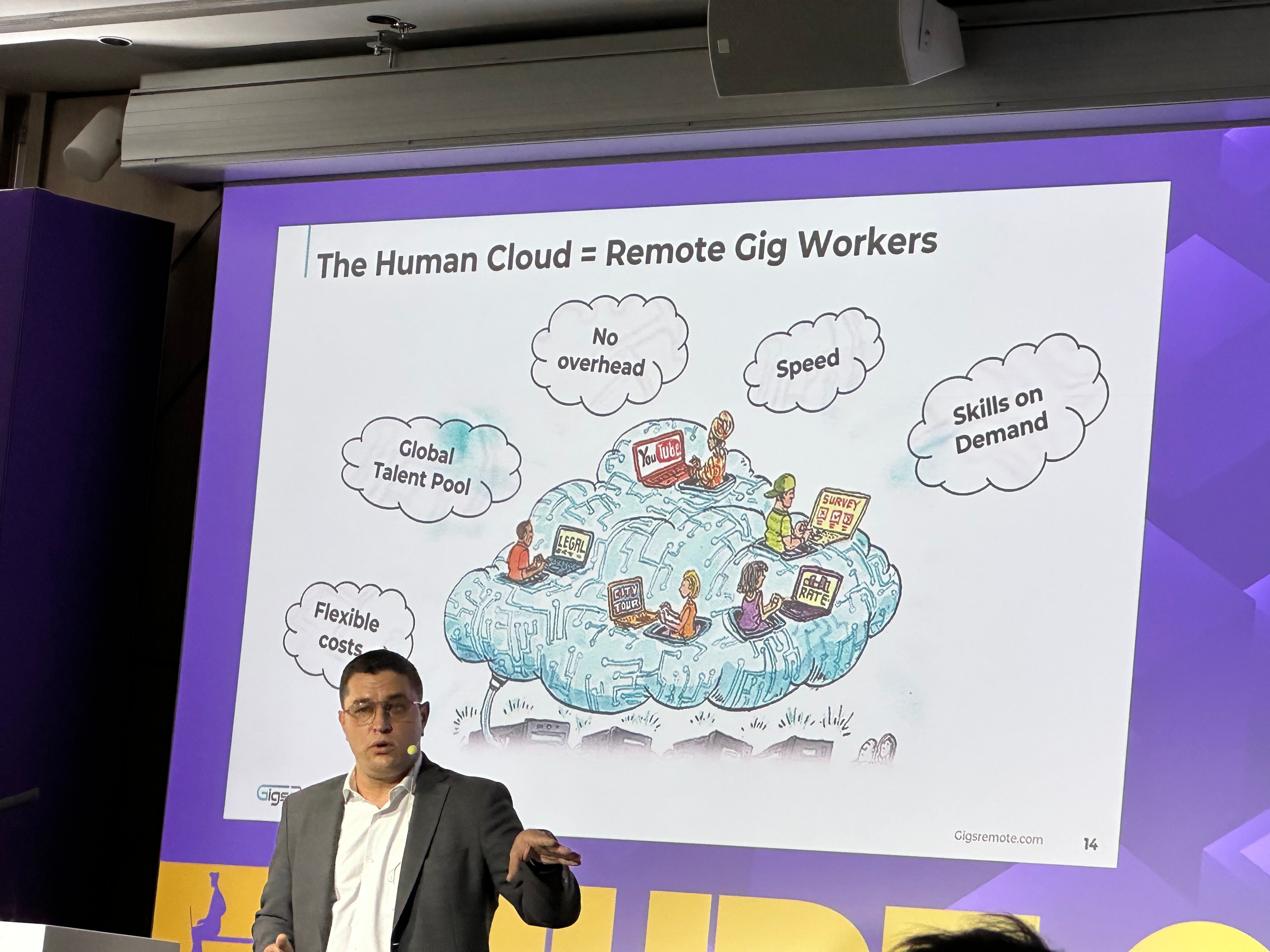
In brief, it's a part of the Gig Economy in which services can be performed remotely.
The Human Cloud is an analogy to the Technological Cloud that we all know and use in today's world. By the way, this was quite different 10 years ago.
Simply put, in this cloud, we don't have computers and data devices or IT services somewhere, but rather a volume and variety of people, skills, and talent who deliver services and results to you.
What are the characteristics of the Human Cloud, and what does it offer:
- Flexible Costs - You can easily start or terminate engagements without the burden of labor laws.
- Global Talent Pool - Perhaps the greatest advantage. The capacity is enormous, and you can quickly find the skills you need from today for tomorrow. You can also focus on specific locations and time zones if your business has specific requirements.
- No Inherent Costs or Overheads - Workers in the Human Cloud do not require your office; they pay their own utility bills, internet, and the devices they work with. Everything is included in their labor cost. You also don't pay when they are on leave.
- Speed - Fast hiring, quick start, and easy release.
- Skills on Demand - You hire qualified individuals when you need them, for the duration you need them.
What we all observe and feel as well:
- People have many more choices in a global environment. Those seeking additional work, and those capable of providing it, are already there in the Human Cloud, doing it.
- People, especially the educated, are becoming more loyal to their own values, which determine their personal well-being, rather than being loyal to corporate culture and values. This is a trend that is particularly strong in the younger generation. The traditional one-size-fits-all approach to a unified corporate culture and values for personnel attraction and retention is becoming increasingly ineffective.
- More and more experts seek fulfillment as individual contractors since career development is typically associated mainly with managerial roles, and not everyone wants that.
To achieve growth in a turbulent environment, companies need a more flexible operational model. Training and requalification are slow and costly processes. Peaks in hiring and releasing employees create difficulties and result in a negative brand image.
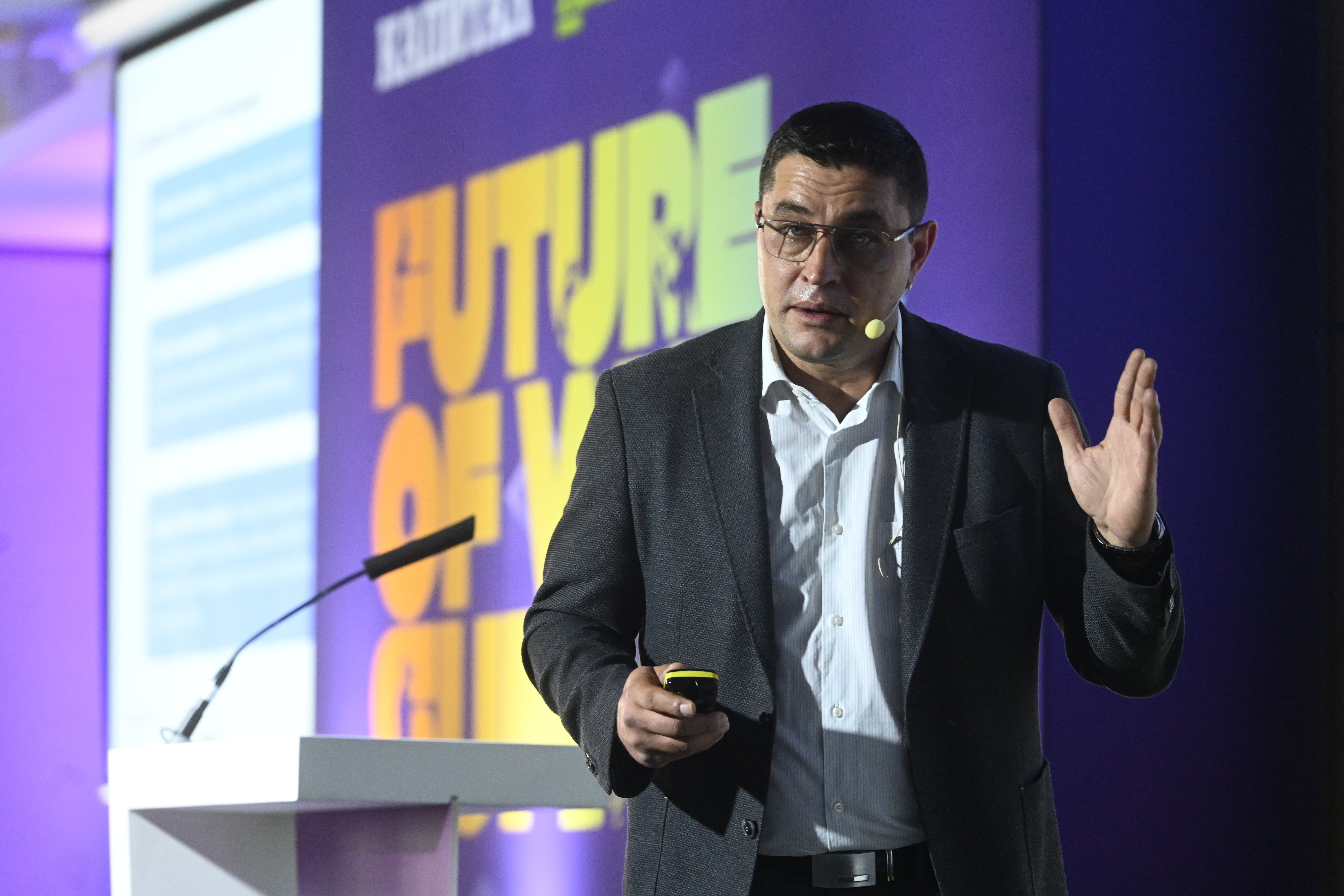
What do companies need to do to capitalize on these trends rather than become victims?
Currently successful companies are applying a dual workforce strategy.
They have a permanent team of employees, which forms the long-term core, typically comprising 50-70% of the workforce. They are loyal to the company's vision and values, emotionally connected to the company over the long term, and carry the business's history. They enjoy the company environment, benefits, additional vacation days, and participate in team-building activities. In addition to regular salaries and bonuses, more and more of these individuals are incentivized with mechanisms like stocks/options or a share of the company's or department's business results.
On the other hand, the flexible core consists of people who are primarily motivated by their own values and are more loyal to the work they do than to the organization they do it for. They prefer to invest in themselves in the way they choose, rather than following the complex career paths defined by the company. They are typically specialists in specific areas, highly productive, and work on project-based contracts, tracking their time by the day/hour. Concluding a project or downsizing a team does not evoke negative feelings, as it does with employees under labor contracts. For them, a reference from each completed engagement is vital as it is a key to the next one. Due to their experiences on various projects for different companies, they quickly adapt to any team and can be a source of fresh, unburdened ideas and innovations for the core team. You can also engage specialists part-time, which is a significant departure from the traditional approach of permanent employment contracts.
This dual approach allows companies to operate much more efficiently and rapidly in a dynamic environment while concentrating resources for managing and developing human capital on the right mix. In this way, they can preserve their corporate culture for much longer.
The main message here is: be hybrid not only in terms of the workplace but also in the way you engage your workforce.
What is GigRemote?
It's a platform connecting companies with experienced IT specialists from Eastern Europe. Some of my friends call it the "AirBnB for IT specialists," while others describe it as the "Tinder for programmers" 😊
We invest in building a strong local community of freelance professionals. Our mission is to be the impresario for freelancers - to support them in activities such as preparation, project finding, accounting services, training initiatives, and professional networking within the community.
When it comes to companies, we play the role of a trusted partner, advising and helping them build elastic teams while navigating the intricacies of the Human Cloud.
How GigRemote specifically helps companies:
- We invest in a community of pre-verified and identified experienced IT specialists.
- We connect businesses with freelancers from the community based on specific needs. We organize preselection and mutual interviews. Freelancers also choose the projects and clients they will work for.
- We handle the negotiation, payment, and invoicing process through a shared legal framework, including intellectual property transfers and information protection policies. We also protect companies from tax and similar risks when working with freelance professionals.
- Last but not least, we monitor the development of each engagement, providing feedback to both parties. Similar to a traditional HR business partner in a corporate environment but specialized for flexible teams and freelance professionals.
Let's shape your dual workforce strategy together or enhance your existing one with great Easter-European IT talent.
